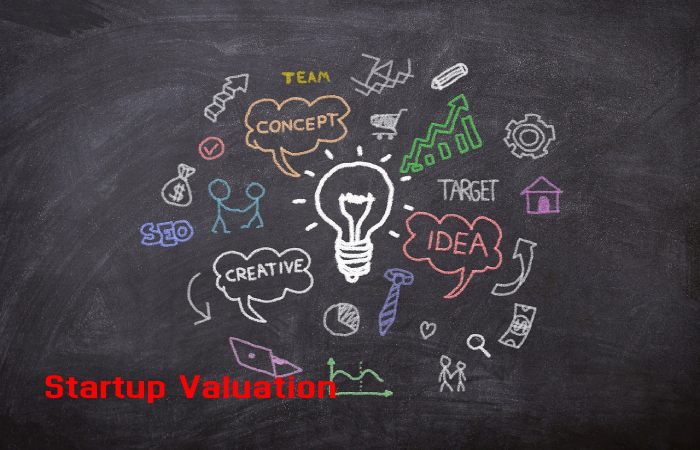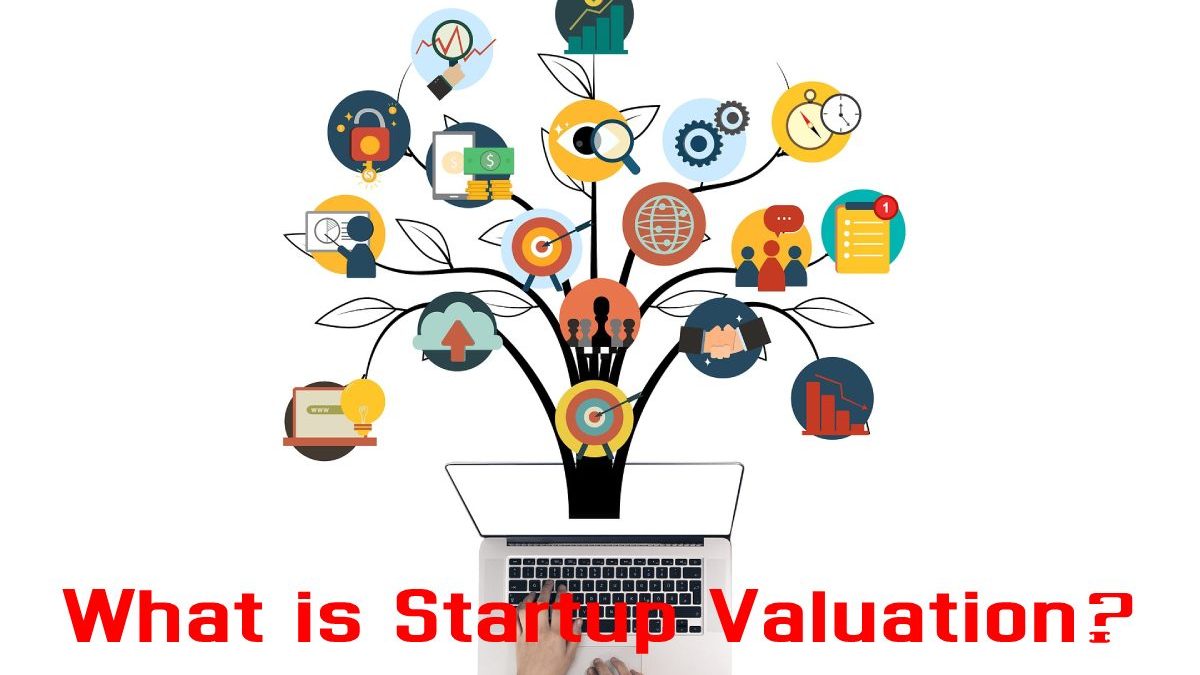The startup valuation is one of the most significant essential steps when launching any company. It is crucial to find out the value of a company before it goes public, before trying to raise funds, and before entering into any contract. With finance, we want to make sure we don’t undervalue or overvalue our company when we decide to buy or sell. This article discusses startup valuation, why estimating startup value is essential, and ten methods we can use to value our startup company.
Table of Contents
What is a Home Appraisal?
A startup valuation estimates the value of a startup business to help with financing, management, and sales. You can help predict the future value of the new business by evaluating its anticipated growth rate and the risks involved. The valuation process includes research of other similar companies and often uses a simple decision-making framework without being overly complex. Valuation is good for startups just starting and needs guidance in making strategic decisions.
Why is it Important To Estimate the Value Of A Startup?

Estimating the value of a startup is essential because investors may want to calculate the potential return on their investment. In contrast, entrepreneurs may want to compare their costs to their income and know if they operate profitably.
The method associates the startup’s net worth with its valuation. Because a startup’s book worth equals its total assets minus obligations. It can be calculate using the book value method, also called asset-based valuation. By taking its total equity and dividing it by its number of assets. Outstanding shares.
Valuation Methods
There is no ideal valuation method for all startups: choosing the most appropriate one will depend on the stage in which it is. If it has already started the bill or the investor’s profile. The moment is also decisive.
Comparison of Similar Startups
It consists of taking the numbers (results or sales) of a startup in the sector with a similar track record and applying a multiple. For this, it will be necessary that there is at least one startup with which we can compare ourselves. And that is not in losses so that we can take its results as a reference.
To adjust the results of the comparison to our company, they will have to be qualified, taking into account the following correction factors:
The team we have: if we have people with experience in other startups that have success, it will be positively valued.
- The size of our potential market and its state of maturity
- The availability of our product or technology: how advanced it is
If We Have A Competition, What State Is It In?
A variation of this method is the ScoreCard, and specific weights are assigned to variables. Which gives us a correction factor to apply to the assessment. The problem, as it happens in the evaluation, by comparison, is finding a comparable startup.
Berkus Method
The brainchild of Dave Berkus, a Californian investor who created his valuation method for early-stage startups. It consists of defining the milestones in which the startup acquires value and assigning an amount to be exceed at the time of financing
Venture Capital
This method goes beyond the company’s valuation at the time of financing (pre-money). Also, it analyzes its value after financing (post-money) and the terminal value of the startup’s future in the event of an exit. The ROI has calculated the return on investment obtained in case of a departure. The post-money value is first calculated, equal to the terminal value divided by the ROI.
Future Cash Flow Discounts
It is one of the “traditional” valuation methods, but instead of taking past cash flows. Which may not exist- it takes future ones into account. According to the Business Plan, the free cash flow is taken (after taxes and finance with own funds) to calculate the company’s value in this method.
The Complexity of Startup Valuation
Startups seeking funding (especially in the early stages) do not have sufficient data history of being able to assess as is done in a mature and traditional company. Furthermore, with constant changes in just a few months. The entrepreneurial environment does not help to have stable criteria for evaluating startups.
Conclusion
In my opinion, the key is in the ability of business angels and venture capital to visualize the future value and the risks to achieve that future value. A talent allows them to invest at the correct weight and then make profitable exits.

